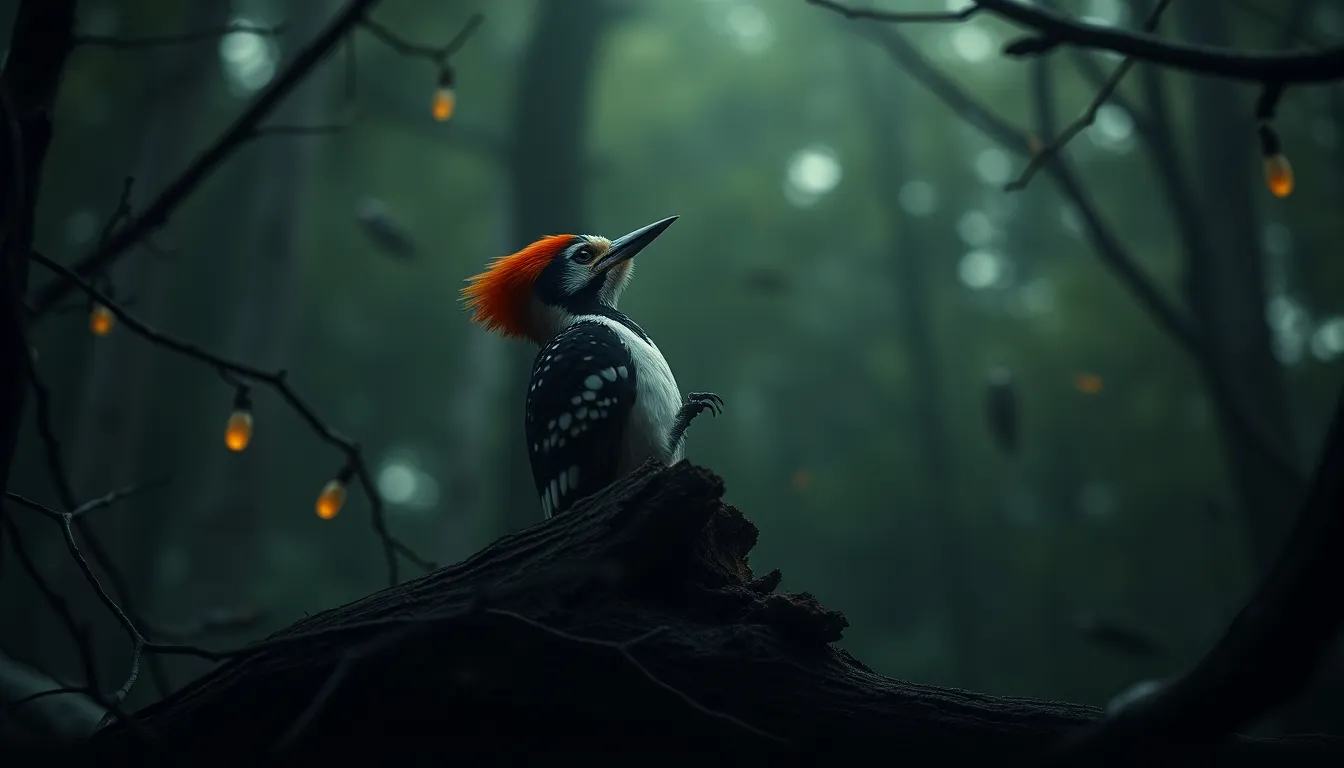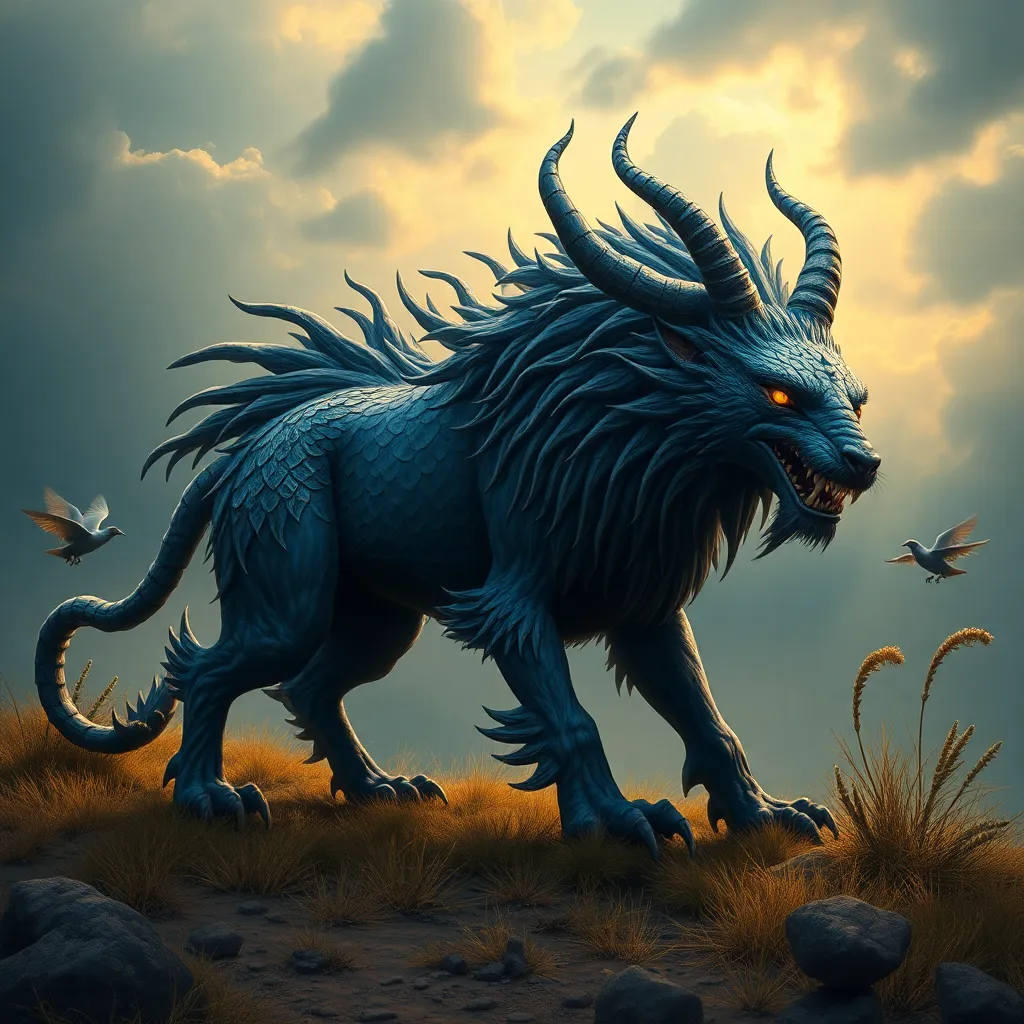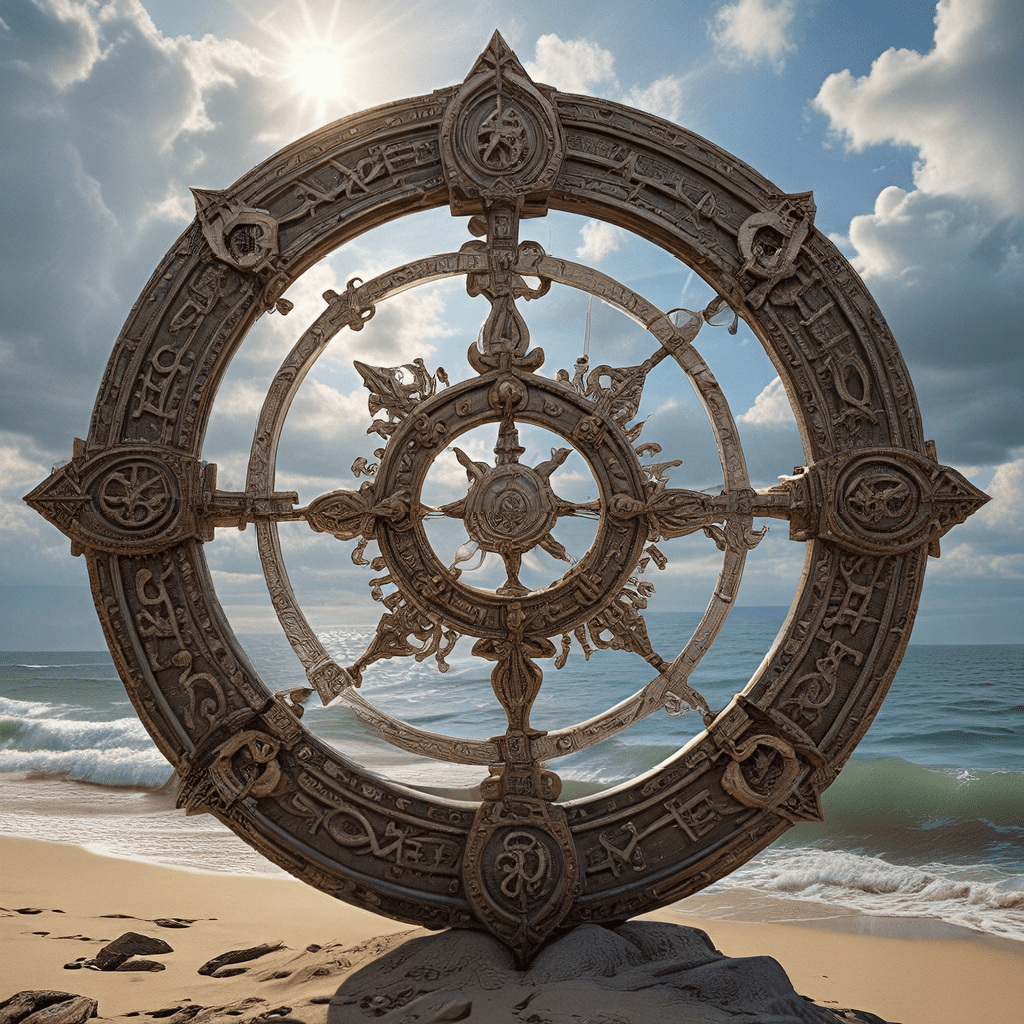Mayan Mythology and the Power of Ancestral Spirits
Introduction:
The ancient Maya held a profound reverence for the spirit world, particularly their ancestors. Ancestral spirits played a crucial role in Mayan mythology, serving as powerful deities, guardians, and intermediaries between the living and the divine. Understanding the intricacies of Mayan beliefs about the afterlife and ancestral veneration provides a deeper appreciation for their worldview and cultural practices.
The Pantheon of Mayan Gods:
Ancestral spirits were not simply revered ancestors; they were elevated to the status of deities within the Maya pantheon. These ancestral deities held specific roles and domains of influence, reflecting their earthly accomplishments and wisdom. Some prominent ancestral deities included:
- Hunahpu and Xbalanque: Twin hero gods, renowned for their intelligence and bravery, associated with the sun and agriculture.
- Ix Chel: Goddess of fertility, childbirth, and medicine, believed to have descended from a powerful lineage of female rulers.
- Itzamna: The creator god, often depicted as an aged, wise figure, associated with knowledge, writing, and the calendar.
These ancestral deities were not worshipped in the same manner as the supreme gods, but they were deeply revered and considered important intercessors between the living and the divine.
Rituals and Offerings:
Honoring the ancestors was integral to Mayan life, with elaborate rituals and offerings designed to appease and maintain a harmonious relationship with the spirit world. Offerings varied depending on the specific deity or ancestor being honored but commonly included:
- Food and drink, such as maize, beans, cacao, and fermented beverages.
- Incense, burned to carry prayers and offerings to the spirit realm.
- Precious objects, including jade, obsidian, and gold, symbolizing wealth and status.
These offerings were presented at household altars, community temples, or sacred caves believed to be portals to the underworld. The act of offering symbolized respect for the ancestors, seeking their guidance and protection, and acknowledging their continued presence in the lives of the living.
The Importance of Lineage:
Lineage was of paramount importance in Mayan society, with individuals deriving their social status and identity from their ancestral roots. The concept of "k'uh," a spiritual essence passed down through generations, connected individuals to their ancestors and imbued them with a sense of belonging and responsibility. This ancestral connection was believed to influence an individual's character, talents, and destiny.
The Ancestors as Intermediaries:
The Maya believed that ancestral spirits could intercede on behalf of the living with the higher gods. Rituals of divination, such as casting bones or consulting oracles, were performed to seek guidance from the ancestors on matters of health, agriculture, and warfare. Ancestors were also believed to influence dreams, providing warnings and insights to their descendants.
This belief in the ancestors' ability to intercede with the divine highlights their importance in Mayan religious life and underscores their continued presence and influence in the world of the living.
The Afterlife
Mayan beliefs about the afterlife were complex and intricate, involving multiple realms and a journey of transformation for the soul. The underworld, known as Xibalba, was a dangerous and terrifying place where the souls of the deceased faced challenges and trials. Those who successfully navigated Xibalba could ascend to a celestial realm, while others remained trapped in the underworld or were reincarnated back to the earth. Ancestral spirits played a significant role in guiding and protecting the souls of the deceased on their journey through the afterlife.
The Power of Ancestral Protection
Ancestral spirits were believed to offer protection, guidance, and wisdom to the living. Individuals would seek the intervention of their ancestors for matters of health, prosperity, and protection from malevolent forces. Rituals were performed to appease the ancestors and ensure their continued support. These rituals could involve offerings, prayers, or special ceremonies designed to strengthen the bond between the living and the dead. By maintaining a respectful relationship with their ancestors, the Maya believed they could access their power and wisdom for guidance and support in their daily lives.
The Legacy of Ancestral Veneration
While the ancient Maya civilization declined centuries ago, the legacy of ancestral veneration continues to shape the cultural practices of modern indigenous communities in Central America. Many contemporary Maya communities still observe rituals and ceremonies honoring their ancestors, seeking their guidance and protection. Ancestral altars are maintained in homes and temples, and offerings are made to appease the spirits. This enduring reverence for the power of ancestral spirits highlights the significance of this belief system in shaping cultural identity and spiritual practices across generations.
Conclusion
Exploring Mayan mythology and the power of ancestral spirits reveals a fascinating worldview where the living and the dead were inextricably linked. Ancestors were not simply remembered but actively revered as deities, protectors, and guides. Understanding these beliefs provides insights into the rituals, social structures, and spiritual practices that shaped Mayan civilization and continues to influence the lives of indigenous communities today.
FAQ
What are the different types of ancestral spirits in Mayan mythology?
The Maya believed in various types of ancestral spirits, each with specific roles and domains. Some examples include household deities, lineage ancestors, and hero gods.
Why were offerings made to the ancestors?
Offerings were made to appease the ancestors, seeking their favor and protection. They also served as a way to maintain a strong connection between the living and the dead.
How did the Maya communicate with the ancestors?
The Maya practiced various forms of divination, such as casting bones and consulting oracles, to seek guidance and wisdom from the ancestors. They also believed that ancestors could communicate through dreams.
Do indigenous communities still practice ancestral veneration today?
Yes, many indigenous communities in Central America continue to observe rituals and ceremonies honoring their ancestors, reflecting the enduring legacy of these beliefs.



